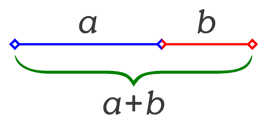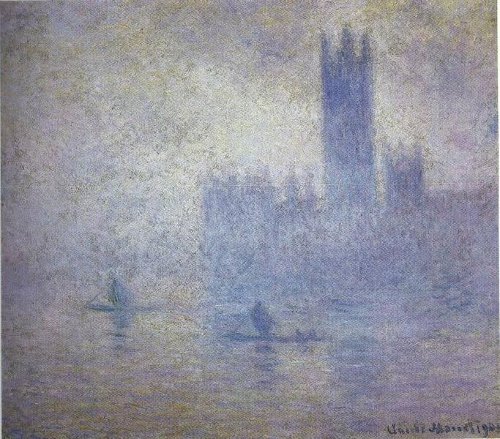What hours I spent of precious time,
What pints of ink I used to waste,
Attempting to secure a rhyme
To suit the public taste,
Until I found a simple plan
Which makes the lamest lyric scan!
When I’ve a syllable de trop,
I cut it off without apol.
This verbal sacrifice, I know,
May irritate the schol.
But all must praise my dev’lish cunn.
Who realize that time is mon.
My sense remains as clear as cryst.,
My style as pure as any duch.
Who does not boast a bar sinist.
Upon her fam. escutch.,
And I can treat with scornful pit.
The sneers of ev’ry captious crit.
I gladly publish to the pop.
A scheme of which I make no myst.,
And beg my fellow scribes to cop.
This labor-saving syst.
I offer it to the consid.
Of ev’ry thoughtful individ.
The author, working like a beav.,
His readers’ pleasure could redoub.,
Did he but now and then abbrev.
The works he gives his pub.,
Did Upton Sinc. or Edith Whart.
Curtail their output by a quart.
If Mr. Caine rewrote “The Scape.”,
And Miss Corell. condensed “Barabb.”,
What could they save in foolscap pape.
Did they but cultivate the hab.
Which teaches people to suppress
All syllables that are unnec.!
If playwrights would but thus dimin.
The length of time each drama takes
(“The Second Mrs. Tanq.” by Pin.
Or even “Ham.” by Shakes.),
We could maintain a wakeful att.
When at a mat. on Wed. or Sat.
Foll. my examp., O Maurice Hewl.
When next you cater for the mill.;
You, too, immortal Mr. Dool.
And Ella Wheeler Wil.;
And share with me the grave respons.
Of writing this amazing nons.!
— Harry Graham, in Life, December 1909


